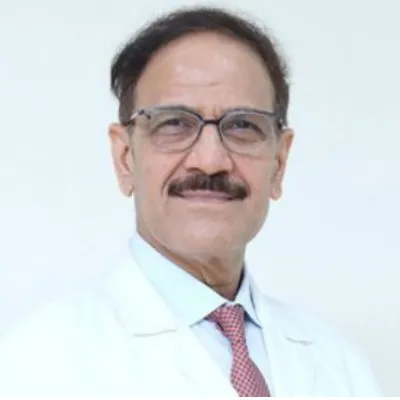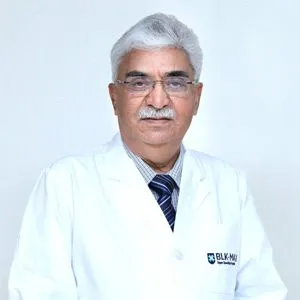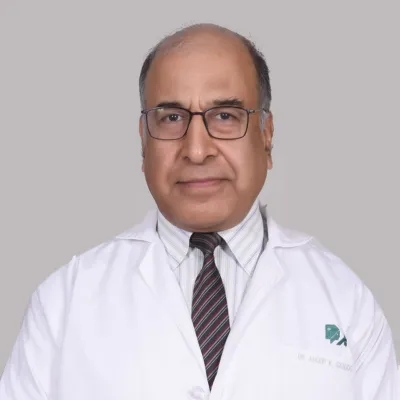Best Orthopedic Surgeons in Artemis Hospital Gurgaon
 17 December,2025
Read More
17 December,2025
Read More
Starting From: USD 4210 - USD 5413
Cardiac Implantable Electronic Device Replacement is affordable in India. The cost of Cardiac Implantable Electronic Device Replacement in India lies between USD 4210 - USD 5413. The exact procedure price depends on multiple factors such as the surgeon's experience, type of hospital, severity of the condition, patient's general condition,�etc.
Cardiac Implantable Electronic Devices (CIEDs) have become indispensable tools in the management of various cardiac conditions. These devices, including pacemakers, implantable cardioverter-defibrillators (ICDs), and cardiac resynchronization therapy (CRT) devices, play a crucial role in regulating heart rhythms and preventing life-threatening arrhythmias. However, like any electronic device, CIEDs have a finite lifespan, necessitating replacement.
Cardiac implantable electronic devices are highly specialized medical devices that are implanted beneath the skin to regulate heart rhythms. They consist of a pulse generator, which contains a battery and microprocessor, and leads (thin, insulated wires) that connect the device to the heart. The leads are responsible for transmitting electrical signals to the heart's chambers, ensuring proper cardiac function.
Cardiac Implantable Electronic Device replacement is a critical aspect of maintaining the health and well-being of patients with various cardiac conditions. By addressing issues related to battery depletion, malfunction, or changes in clinical needs, timely replacement ensures uninterrupted device function. Through careful patient evaluation, expert surgical intervention, and diligent postoperative care, healthcare professionals play a pivotal role in ensuring the continuity of cardiac care for individuals relying on CIEDs for their cardiovascular health.

Chairman
Interventional Cardiologist
Fortis Escorts Heart Institute, New Delhi

Chairman
Interventional Cardiologist
BLK-Max Super Speciality Hospital, New Delhi

Director
Cardiologist, Interventional Cardiologist
Max Super Speciality Hospital, Saket, New Delhi

Chairman
Cardiac Electrophysiologist, Interventional Cardiologist
BLK-Max Super Speciality Hospital, New Delhi

Consultant
Interventional Cardiologist
Indraprastha Apollo Hospital, New Delhi

Senior Consultant
Cardiothoracic and Vascular Surgeon
Indraprastha Apollo Hospital, New Delhi
Doctor of Pharmacy
Dr. Deepanshu Siwach is a skilled clinical pharmacist with a Doctor of Pharmacy degree.?He has 4+?years of experience and has worked with thousands of patients. He has been associated with some of the top hospitals, such as Artemis Gurgaon.
Dr. Deepanshu Siwach is a skilled clinical pharmacist with a Doctor of Pharmacy degree.?He has 4+?years of experience and has worked with thousands of patients. He has been associated with some of the top hospitals, such as Artemis Gurgaon....
Dr. Aseem Ranjan Srivastava is an experienced Pediatric Cardiothoracic Surgeon specializing in Minimal Access and Robotic Cardiac Surgery. He strongly recommends prompt corrective repair when possible....
The Art of Effective Communication
 17 December,2025
Read More
17 December,2025
Read More
 16 December,2025
Read More
16 December,2025
Read More
 10 December,2025
Read More
10 December,2025
Read More
 09 December,2025
Read More
09 December,2025
Read More
 05 December,2025
Read More
05 December,2025
Read More
 04 December,2025
Read More
04 December,2025
Read More